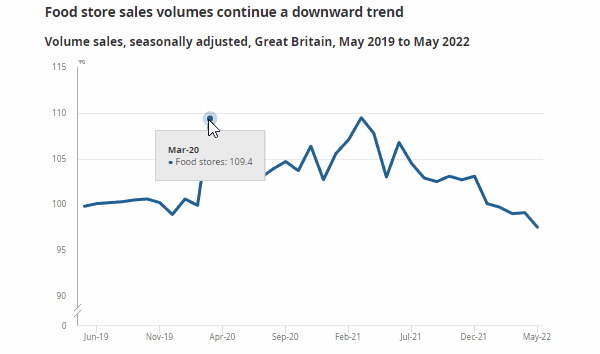The leaders of the world's wealthiest nations, the G-7, went into what modern motivational speakers call, a brainstorming session, at the weekend in Germany, in order to discuss the global economic outlook, when uncertainty on the same front morphs into frightening forms.
On the top of their agenda, among a few more things, was of course, the war in Ukraine and how to corner Russia over it.
The main focal point of the summit that started in a lighter vein with a reference to the photo of the Russian strong man's bare-chested horseback, was about the War - its inevitable consequences for the global economy and global food shortages.
Of course, they have agreed to tighten the grip on Russia further by more sanctions, perhaps in proportion to the frequency of the missiles that rained down on the cities across Ukraine on Sunday.
As far as crude oil market are concerned, one of the measures that was said to have discussed is placing a price cap on Russian oil exports to the Western countries.
If it is to be implemented as reported by the media, it clearly indicates that the West has not managed to fully turn its back on Russian oil exports, despite the rhetoric to the contrary - much to the frustration of the Ukrainian government.
This is an argument that India often raises, when coming under criticisms over its ever-growing Russian oil imports; the former says that some European nations still buy Russian oil and gas while looking after their own interests and so does India.
Apart from discussing a price-cap for Russian oil exports, the discussions have been on another related subject that was on the periphery of the agenda due to prevailing political tension; it was about reviving the JCPOA, 2015 Iranian nuclear deal.
The enthusiasm over the subject, however, was palpably muted. On one hand, the gap between Iran and the West over a range of issues has widened; on the other hand, the participants appeared to have taken a cautious approach so that President Biden's forthcoming visit to the Middle East in the early July is not overshadowed by the disproportionate attention to the Iranian issue; after all the US president is visiting countries that vehemently oppose the Iranian nuclear ambitions.
So far, every single measure taken by the Biden administration to bring the prices of oil and gas down has failed. In this context, there is not much hope over putting a price cap on Russian oil exports either, even if the intention is to deprive Russia of its vital revenues.
Russia, meanwhile, carries on selling its oil to Asia and Africa while enriching its coffers; reading riots act to these nations means pushing them into recession too - in the long run; they, understandably, resist the move, fearing socio-economic consequences, having just partially recovered from the pandemic.
India and China, meanwhile, according to media, are filling up their reserves too with cheap oil - repeating what happened during the peak of the pandemic when oil price crashed.
In short, it is difficult for the West to deprive Russia of cashing in on the necessity of the commodity due to obvious supply woes.
Since there is no sign of the main supply issue being addressed, oil prices started rising again on Monday when crude oil markets opened, while reversing some of the losses suffered during the last week.
Members of the OPEC, meanwhile, promise that they will deliver the quota agreed at the previous meetings; the delivery of the promises, however, remains to be seen - judging by the similar, past promises.
Rising crude oil prices, however, have compelled motorists to cut down on their journey times in world's major economies: the Office for National Statistics in the UK, for instance, released the data in support of the claim; it may be the case in the US as well.
Last week, there was a substantial crude build in the US according to the API, American Petroleum Institute; for inexplicable reasons, data from the EIA, US Energy Information Administration, for the same period was not published last week, citing 'technical difficulties'.








